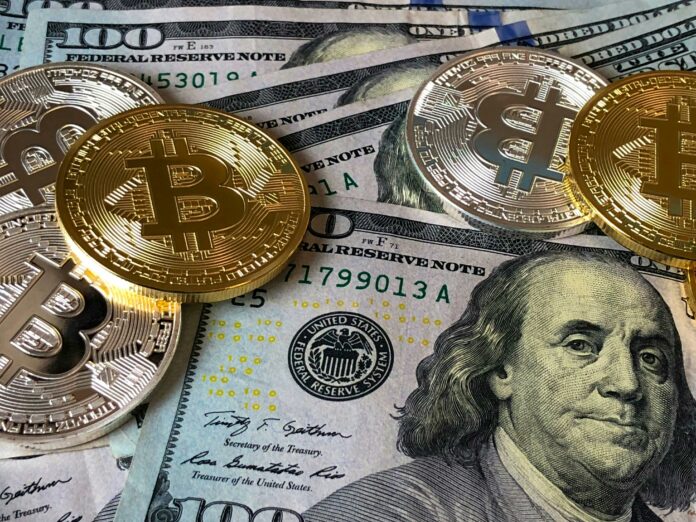While not listed as a top priority, the Republican National Committee adopted a platform that aims to support digital innovation. Former President Donald Trump’s Republican Party has officially taken on a platform that will support innovation in cryptocurrencies, according to a document released Monday by the Republican National Committee. The platform lays out the party’s priorities as presumptive presidential nominee Trump and Republican congressional candidates head into the November elections. The document reflects the progressive interest of Trump and other GOP politicians in digital assets.
Backing cryptocurrency innovation
“Republicans will end the Democrats’ illegal, un-American crackdown on cryptocurrencies and oppose the creation of a Central Bank for Digital Currencies.
We will defend the right to mine Bitcoin and ensure that every American has the right to custody their digital assets and transact without government oversight and control.”
In recent months, Trump has shifted his attitude from skepticism of cryptocurrencies to a staunch advocate for cryptocurrencies. He also has some personal practice with digital assets, having launched several sets of non-fungible tokens under his own brand.
Cryptocurrency donations and Republican politics
Trump’s campaign and an affiliated political action committee also accept cryptocurrency donations. The committee’s new platform announcement listed 20 of its major policy “promises” without mentioning the topic of cryptocurrencies, but digital assets made an appearance in the economics portion under innovation initiatives.
Against central bank digital currencies
Opposition to central bank digital currencies (CBDCs) has been a theme heavily used by Trump and other Republicans in the 2024 campaign. While other jurisdictions, including China and Europe, have pushed the idea of government-backed digital tokens, the United States has not moved beyond the research stage.
However, Republicans accuse Democrats of pushing CBDCs that will enable greater financial surveillance of U.S. citizens. But Federal Reserve Chairman Jerome Powell and other government officials stress that an eventual U.S. digital currency would be managed by the banking system, not the government. And Fed officials say they will not adopt it without the approval of Congress and the White House.



